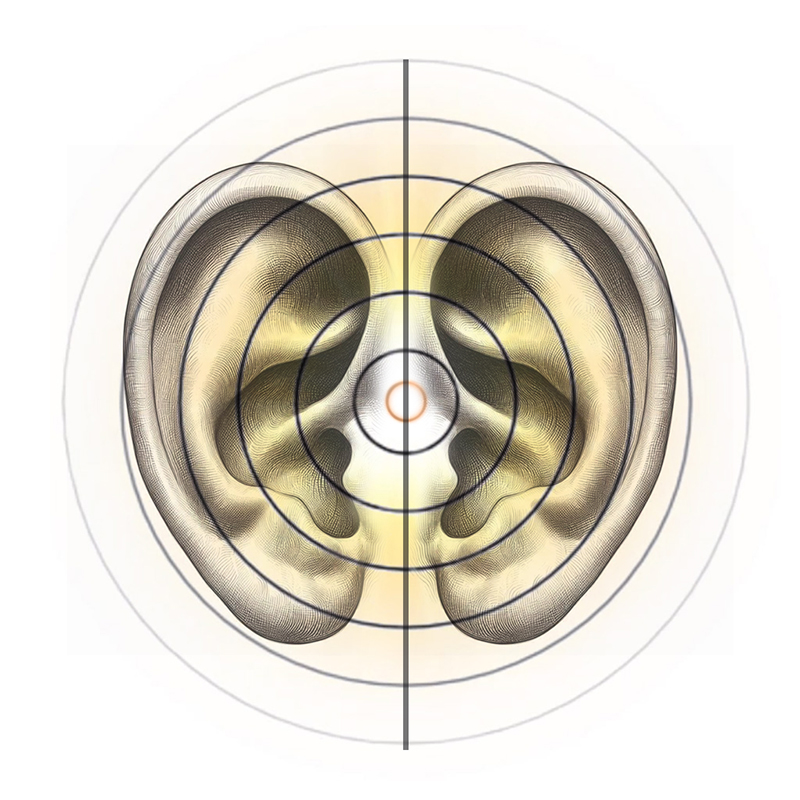 John 1:37
John 1:37

|
Strongs 2532
[list] Λογεῖον Perseus kai καὶ and Conj |
|
Strongs 191
[list] Λογεῖον Perseus ēkousan ἤκουσαν they heard V-AIA-3P |
|
Strongs 3588
[list] Λογεῖον Perseus hoi οἱ the Art-NMP |
|
Strongs 1417
[list] Λογεῖον Perseus dyo δύο two Adj-NMP |
|
Strongs 3101
[list] Λογεῖον Perseus mathētai μαθηταὶ Learners N-NMP |
|
Strongs 846
[list] Λογεῖον Perseus autou αὐτοῦ himself PPro-GM3S |
|
Strongs 2980
[list] Λογεῖον Perseus lalountos λαλοῦντος he who is chattering V-PPA-GMS |
|
Strongs 2532
[list] Λογεῖον Perseus kai καὶ and Conj |
|
Strongs 190
[list] Λογεῖον Perseus ēkolouthēsan ἠκολούθησαν accompanied V-AIA-3P |
|
Strongs 3588
[list] Λογεῖον Perseus tō τῷ the Art-DMS |
|
Strongs 2424
[list] Λογεῖον Perseus Iēsou Ἰησοῦ Salvation N-DMS |

"The one who holds an ear, let him hear what the Spirit is uttering..." (Rev. 2:7 RBT)
And two disciples heard him speaking, and followed Jesus.
And the two disciples heard him speaking, and they followed Jesus.
The two disciples heard him say this, and they followed Jesus.
Footnotes
| 57 | Strongs #G2980 λαλέω, laleó, to utter, chatter, chirp, emit a sound, or produce musical sounds. This word is used nearly 300 times in the NT, way more extensively than in classical Greek literature, and it is not without reason. The normal word for speak/say, is legó #G3004 which is found about 2,267 times. 1. Primary Meanings: Chattering, Babbling
2. Later Meanings:
The verb "λαλέω" primarily means to chatter or babble, often used in contexts involving informal or non-articulate sounds, such as those made by birds, music, or nature. The New Testament makes extensive use of this word as opposed to the normal word for speaking. In later usage, it expands to mean speaking or saying in a more general sense, including divine speech and proclaiming messages. |